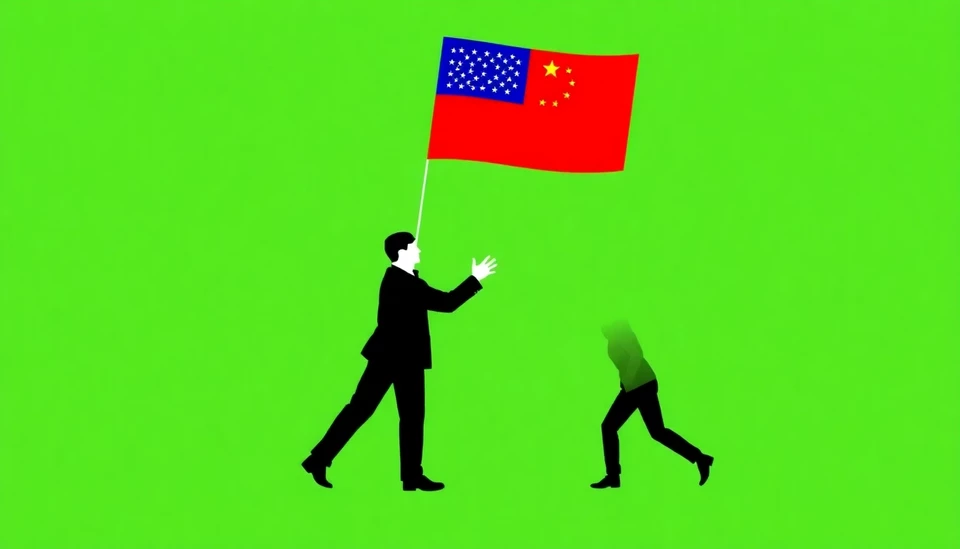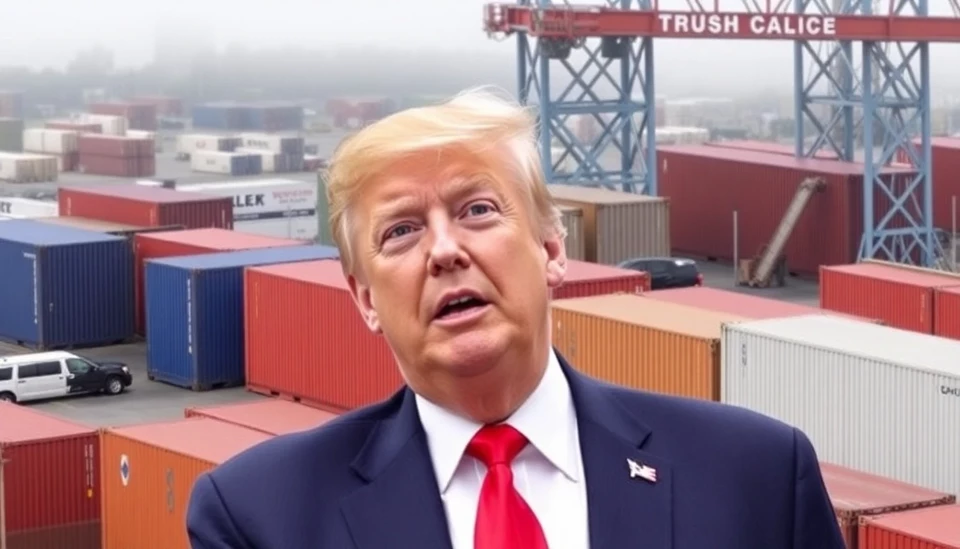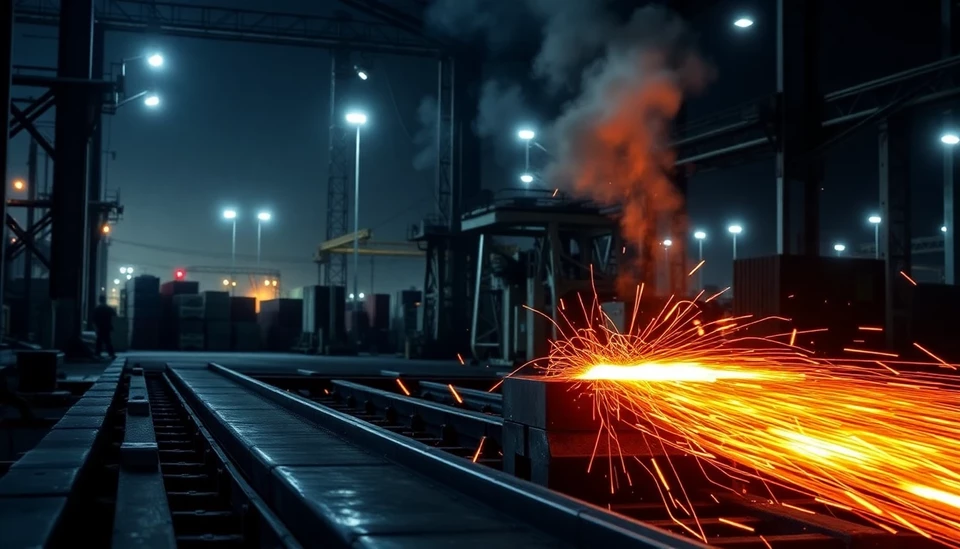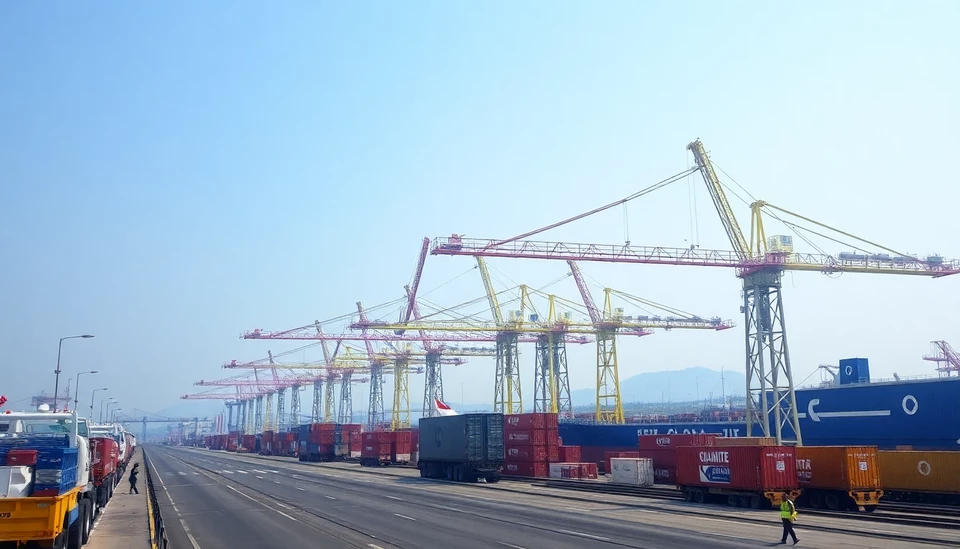
In a landscape reshaped by a series of tariffs and trade disputes, particularly in the era governed by Donald Trump, the unintended beneficiary has emerged as China. Recent developments indicate that China has maneuvered through the U.S.-Europe trade tensions, capitalizing on a cumbersome situation that has hindered both American and European economic growth.
During Trump's presidency, aggressive trade policies targeted not only countries like China but also European allies, leading to increased tariffs that strained international relationships. The trade war escalated with both sides imposing tariffs that resulted in inflated costs for companies reliant on transatlantic commerce. While the U.S. pursued a hardline stance, it inadvertently opened avenues for China to cement its position as a leader in global trade.
As the U.S. doubled down on its protectionist strategies, Europe found itself caught in the crossfire. Industries that relied on free trade and cross-border supply chains were left vulnerable, leading to job losses and economic stagnation in various sectors. The punitive tariffs imposed on European goods created an environment of uncertainty, prompting some businesses to turn eastward towards China, where the climate for trade remained more favorable.
Moreover, China's response strategies proved adept and tailored. By investing heavily in technology and manufacturing processes, China has been able to enhance its competitiveness on the world stage, solidifying trade routes that bypass disruptions caused by Western policies. Industries such as technology, automotive, and agriculture have found new opportunities to thrive in China's expanding market, directly benefitting from the fallout of U.S.-Europe tensions.
The ripple effect of this trade conflict has led to a stark realization: Europe will need to reevaluate its trade relationships and strategies moving forward to regain competitive footing. With economic forecasts indicating sluggish growth in the region, there are calls for EU leaders to collaborate more closely and formulate policies that can counteract China’s rising influence.
Additionally, the new geopolitical landscape urges a rethink of alliances. As the U.S. grapples with its role in fostering economic partnerships, countries across Europe are confronting the necessity to build more resilient supply chains that do not heavily depend on transatlantic trade, thus safeguarding their economies from the whims of political disputes.
In summary, the trade wars instigated during Trump's administration have yielded unexpected consequences, with China emerging as a surprisingly resilient player amidst the chaos. The challenges facing both the U.S. and Europe illustrate the delicate balance of global trade, and the urgent need for strategic reevaluation to adapt to an ever-evolving economic environment.
As the world watches how these economic shifts will unfold, the experience serves as a poignant reminder of the interconnectedness of international trade and the importance of diplomacy in maintaining stable economic relations.
#TradeWar #ChinaEconomy #USEuropeRelations #GlobalTrade #DonaldTrump #EconomicImpact #TradePolicy #EuropeanUnion #ChinaSurges
Author: Rachel Greene




